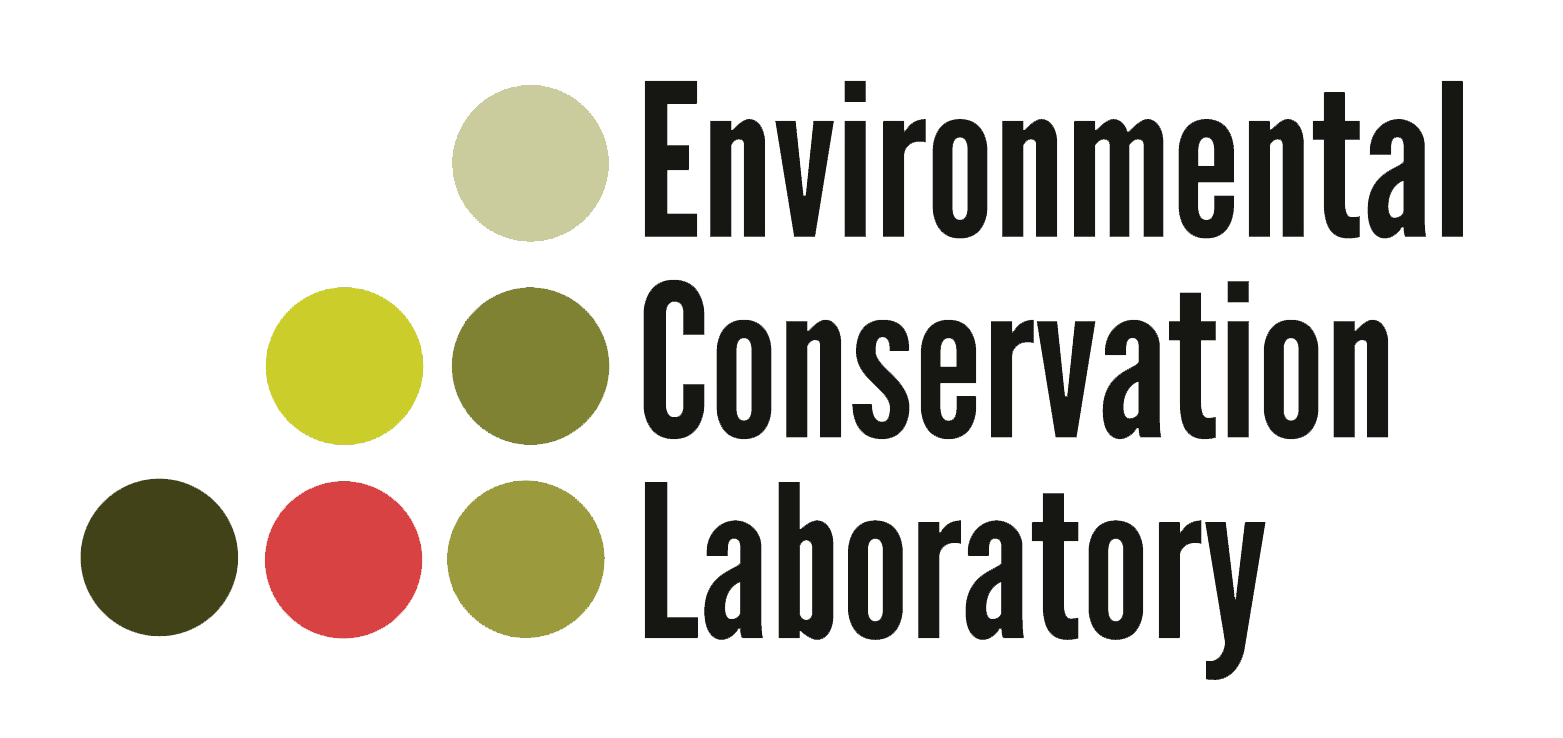Indigenous CREATE
Indigenous CREATE
Indigenous CREATE (Collaborative Research and Training Experience) is a program funded by NSERC and hosted at the Clayton H. Riddell Faculty of Faculty of Environment, Earth and Resources, at the University of Manitoba, in collaboration with Lakehead University in Thunder Bay, Ontario, and University College of the North in Thompson and The Pas, Manitoba.
About us
The Indigenous CREATE program provides training opportunities for students who want to better understand ongoing changes in the environment by participating in research projects with Indigenous communities that aim to understand the implications of a diversity of stressors, including climate change, hydropower, mining, and wastewater. This program is specifically aimed at finding ways that serve the learning and employability needs of Indigenous trainees. The research conducted in this program will be holistic in approach and focus on both the environment and community well-being within the environmental sector (natural resources, energy, and the environment).
Mission Statement:
By supporting and expanding on the excellence of existing Indigenous initiatives and working with a wide diversity of public, non-profit and private sector partners, our CREATE programme will have a substantial impact on environment-related research training and employment now and in ways that can be sustained for future generations.
Values:
Our focus on Indigenous trainees, decolonizing postsecondary institutions and celebrating Indigenous ways of knowing reflect our commitment to Equity, Diversity, and Inclusion at every stage, whether related to the trainees themselves, the composition of our research team, and/or the diversity of the collaborators.
Vision:
Inspiring minds through innovative and quality teaching; driving discovery and insight through excellence in research, scholarly work, and other creative activities; building on-campus and external community that creates an outstanding learning and working environment, forging connections to foster high-impact community engagement; and creating pathways to Indigenous achievement.
The research focuses for this program include:
WATER QUALITY
such as environmental contaminants and xenobiotics and in water flow that are in turn associated with changes in land use.
TRADITIONAL-USE PLANTS AND MEDICINES
including wild rice, berries, and medicines as well as associated habitat, and implications of these for human well-being.
NETWORKING, OUTREACH AND COMMUNICATIONS
with industry, governments and NGOs as well as the public regarding these findings.
Funding Opportunities
Indigenous CREATE funds both NSE (Natural Science and Engineering) and SSH (Social Science and Humanities) students at all university levels. This program prioritizes support to Indigenous students as well as providing support to international students (who are Indigenous or non-Indigenous) wanting to work with Indigenous communities in the environmental sector. Please see below for a breakdown of funding support. If you fall into one of these categories, please complete our application form on the Indigenous CREATE website.
Undergraduate Students Summer Research Internships
Undergraduate students will work with and be mentored by other students, their advisors, as well as Indigenous knowledge keepers and Elders.
Indigenous Undergraduate Students
Indigenous undergraduate students will receive a $8,000 stipend for their summer research project.
International Undergraduate Students
International undergraduate students interested in working with Indigenous communities will receive a $8,000 stipend for their summer research project.
Master’s Students
Indigenous Master’s Students
Indigenous Master’s students will receive $17,5000/year for 2 years
International Master’s Students
International Master’s students will receive $8,750/year for 2 years
PhD Students
Indigenous PhD Students
Indigenous PhD students will receive $21,000/year for 3 years
International PhD Students (NSE Only)
International NSE PhD students will receive $10,500/year for 3 years










